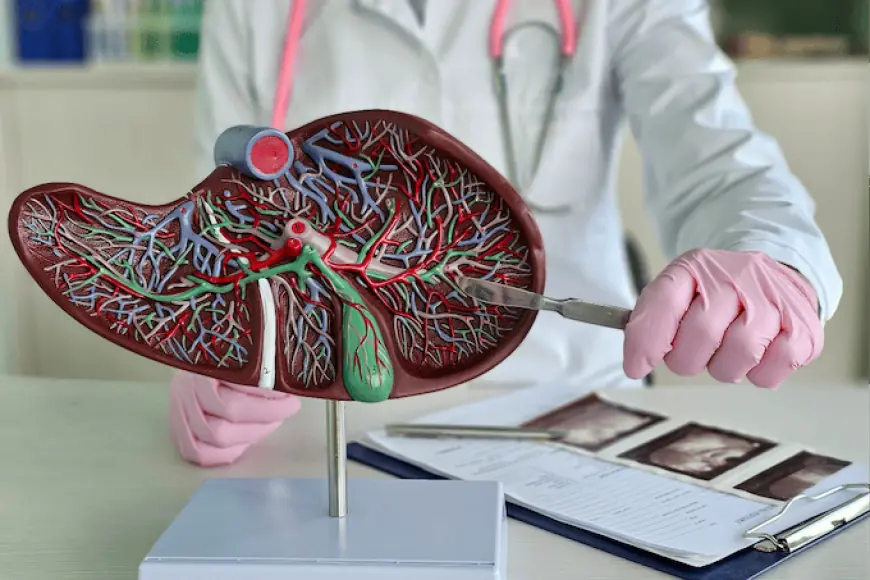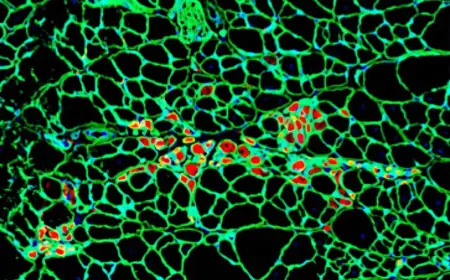First Report Published on Successful Transplant of Pig Liver into a Human
Journal of Hepatology: A pig liver can function inside the human body

An international team of scientists has published the first-ever report of a successful transplantation of a genetically modified pig liver into a human. The patient lived for 171 days after the operation, proving that pig organs modified through genetic engineering can perform vital functions inside the human body. The study was published in the Journal of Hepatology.
According to the World Health Organization (WHO), thousands of patients die each year while waiting for organ transplants due to a severe donor shortage. For example, in China, hundreds of thousands of cases of liver failure are registered annually, yet only about 6,000 liver transplants were performed in 2022. This new operation could mark a significant step toward addressing this global health issue.
The patient was a 71-year-old man suffering from liver cirrhosis and hepatocellular carcinoma caused by the hepatitis B virus. Due to the severity of his condition, he was ineligible for both tumor removal surgery and human liver transplantation. Instead, doctors implanted a supportive liver graft from a genetically modified miniature pig of the Diannan breed.
The donor organ had ten genetic modifications: several genes responsible for immune rejection were deactivated, and human genes related to immune regulation and blood clotting were added to the pig’s genome.
During the first month after the operation, the transplanted liver functioned steadily — producing bile and synthesizing clotting factors. There were no signs of hyperacute or acute rejection.
However, on day 38, a complication developed — thrombotic microangiopathy, a condition commonly associated with xenotransplantation, caused by complement activation and damage to the vascular endothelium. As a result, the transplanted organ was removed, and the patient was treated with eculizumab in combination with plasmapheresis, which temporarily improved his condition. Unfortunately, a few months later, he developed recurrent gastrointestinal bleeding and died on day 171 after the surgery.
Dr. Baicheng Sun, the lead researcher and president of the First Affiliated Hospital of Anhui Medical University, commented:
“This case demonstrated that a genetically modified pig liver can function like a human liver for an extended period of time. It’s a major step forward that highlights both the potential of the method and the challenges that still need to be addressed — particularly in managing blood clotting and immune-related complications.”



























